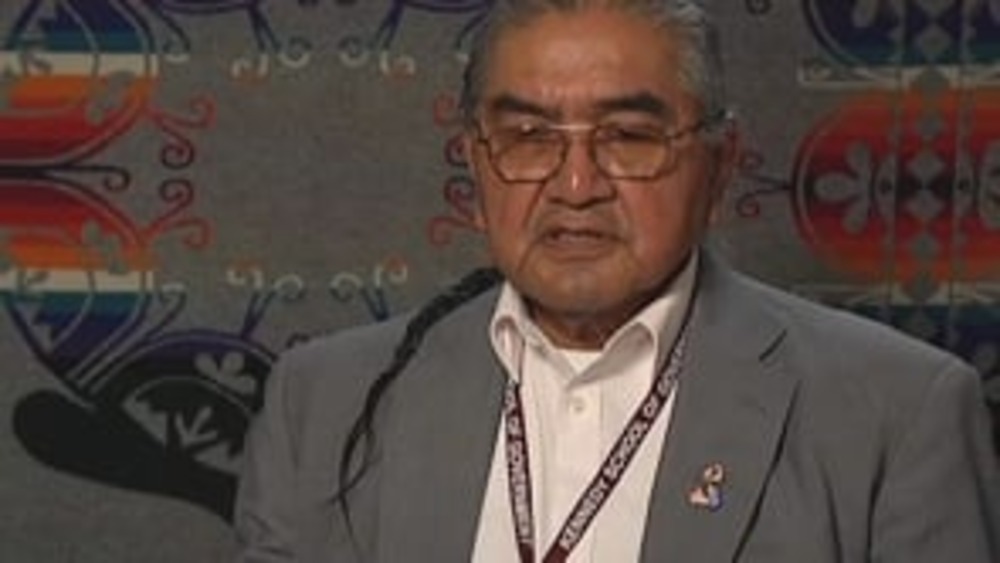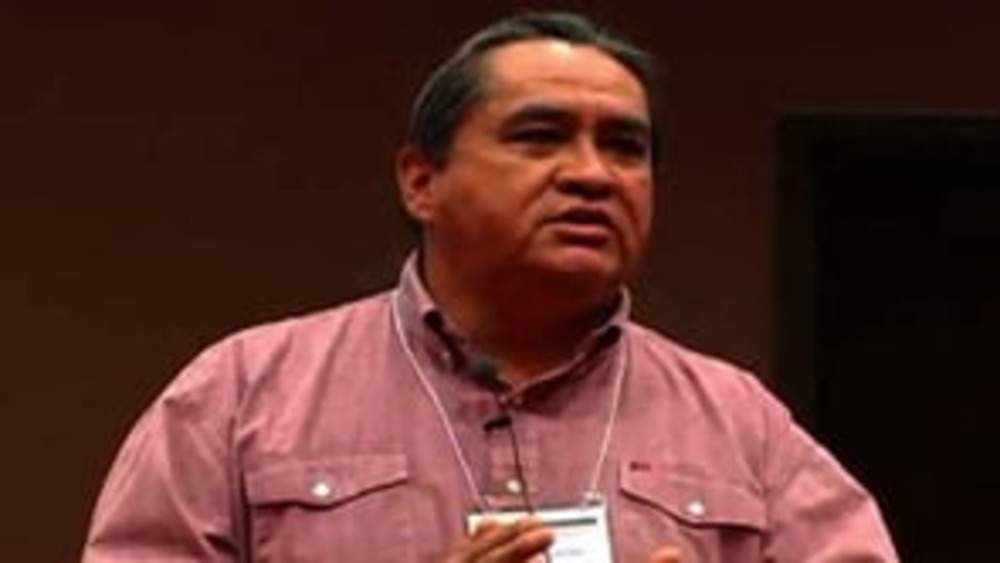NNI Executive Director Joan Timeche discusses the need for Native nations to develop administrative competence through the cultivation, attraction and retention of qualified staff.
Additional Information
Timeche, Joan. "Administrative Competence." Native Nations Institute for Leadership, Management, and Policy. University of Arizona. Tucson, Arizona. 2013. Lecture.
Transcript
"When you have administrative competence, you also have to look at the people factor of it, and it's finding competent people to go...capable individuals who can come and work for you. And these don't all have to be tribal citizens. Oftentimes, we have to go out and depend on them -- on non-citizens -- to come and work in their communities. And I've had...every community can probably name a number of individuals who've been non-Natives who've come in and worked and done a tremendous job for us and helped us improve and become more effective. But one of the things you have to do is you have to find these individuals and when you find them you have to be able to support them. And this is where things like brain drain occurs. This is where you don't want council -- this is where politics can come into play and you're going to want to make sure that you're hiring people who can do the job and not people who are getting hired because they happen to know the chairman or the mayor of their town and not people who know...who got a job because their cousin was a council member or their last name was the same as the party that's in favor. You're going to want to make sure that you hire skilled individuals and you have to be able to retain these people and that means not second-guessing them at their jobs, because after all you pay them the great salaries to come in and provide that expertise to you. Otherwise, what'll happen is off they'll go off the reservation, and you can talk to a number of individuals, Native individuals who perhaps at one time worked for their own tribes and left. I'm one of those where politics was just too much for me, I was too young at that time and I had different ideas of where we should be going, probably too progressive for their likes, one of the only females at my level, there was no upward mobility for me, so it just got to be a really difficult situation so I said, "˜I know I can be treated elsewhere better,' so off I went to work for a university. And so they lost the talent there and that's what you don't want to have happen is you want to keep those people that are talented on the reservation to help you to deliver services."



